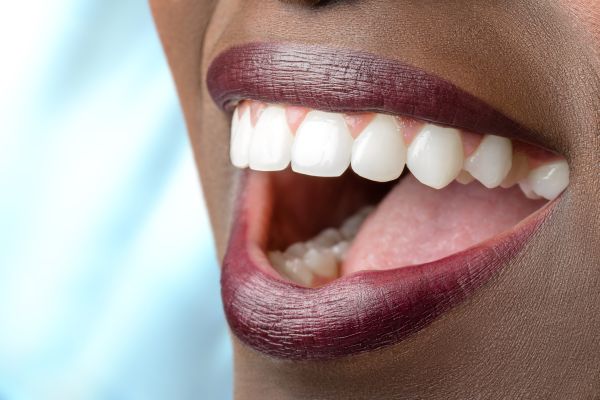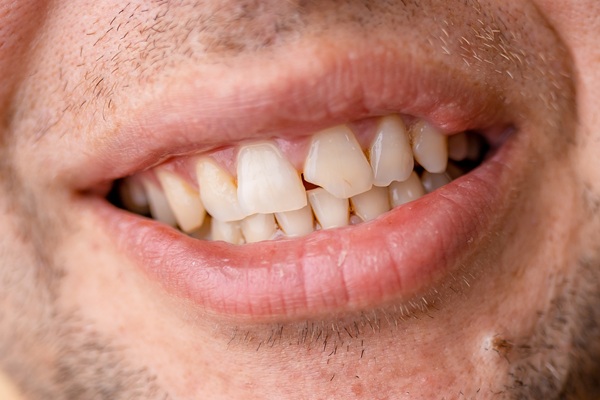How Often Should You Have a Professional Teeth Whitening?

Professional teeth whitening treatments can get you a white set of teeth, but overdoing things can put your teeth and gums at risk. In some cases, teeth whitening treatments can lead to permanent damage to teeth when overdone.
One of the benefits of professional teeth whitening treatments is that a dentist supervises the treatment to ensure that it does not put the patient's teeth at risk. A dentist can also provide the ideal timetable on how often the patient should whiten their teeth.
Figuring how often professional teeth whitening treatments are needed
Teeth whitening treatments often start with the dentist evaluating the patient's mouth. The bleaching agents like hydrogen peroxide that dentists use to whiten teeth can temporarily weaken teeth enamel. This is usually not a huge problem because it usually only leads to temporary teeth sensitivity for a few days. Problems typically arise when a patient already has weakened enamel due to tooth decay, tooth erosion or exposed teeth roots due to gum disease. Teeth enamel can also be weakened by previous whitening treatments, which is why dentists recommend spacing them out.
Professional teeth whitening treatments are typically performed no more than once per year. These treatments involve using powerful bleaching agents. Overdoing these treatments can lead to permanent damage being done to the enamel.
Whitening treatments typically involve using customized mouth trays to evenly coat the patient's teeth with the bleaching agent. These trays are made from an imprint of the patient's teeth. The dentist has them bite down on a mold that leaves an impression of their teeth. The imprint is sent to a dental lab where custom mouth trays are made. The process takes about two weeks for the finished product to get back to the dentist.
During the whitening treatment, the dentist has the patient bite down on a mouth tray after spreading the bleaching agent on it. The patient keeps the tray in their mouth for the next hour or so. The patients should have significantly whiter teeth after the procedure, and many patients are satisfied with the color of their teeth after a single session.
Patients who get professional whitening treatments are typically allowed to use at-home whitening kits for touchups. These at-home kits come with less concentrated bleaching agents so they do not have as much of an effect on teeth enamel.
Keeping teeth white after whitening treatments
Unfortunately, teeth do not stay white simply because a person gets whitening treatments. The person's teeth will continue to be exposed to things that can stain them, like coffee or red wine, so new stains will form over time. Patients can get the most out of their whitening treatments by doing the following:
- Drink water to help remove compounds that can stain teeth
- Rinse your mouth after consuming things that stain teeth, like coffee
- Use a straw to drink beverages that can stain or discolor teeth
- Practice good oral hygiene
- Use at-home whitening kits for maintenance treatments
Improve the color of your teeth
Call or visit our Lilburn clinic to learn more about professional teeth whitening treatments and how often you should get them.
Request an appointment here: https://www.lilburnfamilydentistry.com or call Lilburn Family Dentistry at (770) 800-0178 for an appointment in our Lilburn office.
Check out what others are saying about our services on Yelp: Read our Yelp reviews.
Recent Posts
Dental crowns are restorations that can address a range of dental issues, from severely damaged teeth to protecting a tooth after a root canal. They help preserve oral health and enhance a smile's appearance. In addition to being versatile, they are available in different materials, which can be helpful for individuals who want options.Dental crowns…
A broken tooth is a common dental issue that can happen for many reasons, such as accidents, biting into something hard, or untreated tooth decay. Whether a dentist can save a broken tooth or needs to remove it depends on how severe the damage is and how quickly patients seek treatment. While modern dental techniques…
Dental crowns are a popular dental restoration, effectively preserving and enhancing the function of damaged or weakened teeth. These custom-made caps are designed to fit over the existing tooth, providing both structural support and improvements in your smile's appearance. However, not all dental crowns are created equal. The type of dental crown you choose can…
Your dentist can help determine if you need dental crowns. There are many reasons for getting these restorations. The main goal is always to restore the tooth and enhance its functions. Here are the signs you may need dental crowns soon.Losing at least one tooth can cause more dental problems. It can lead to dental…


